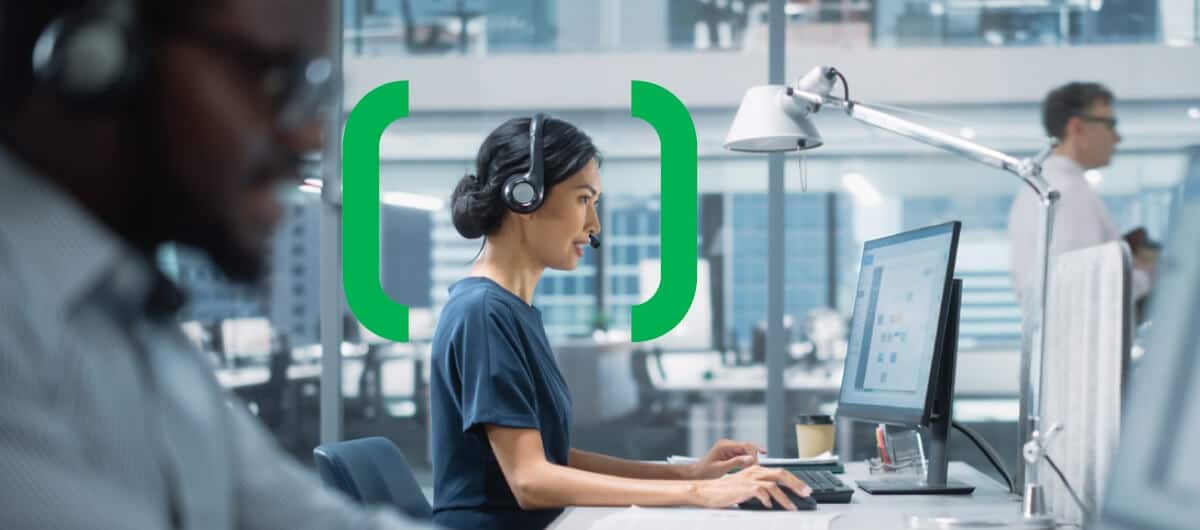According to Glassdoor, the costs associated with hiring a new employee can soar into the hundreds of thousands. Even if a new hire has been vetted through background checks and drug tests, trust may still be a concern for employers.
In the interview process, most potential candidates will put their best foot forward. After receiving and accepting an offer and going through the training process, some may start to relax perhaps a little too much. Not every employee is honest with their time or intentions, and employee tracking software can safeguard employers from litigation or other liabilities.
What are the key capabilities of employee tracking software?
- Tracking online activity
- Video recording of online activities
- Customizable search options to filter specific industry words/phrases
- Email recording
- Logging chat/IM records
- Network/Application activities
- Keystroke logging
- File/document tracking
Why is employee tracking software beneficial/necessary?
Employee tracking software serves as a layer of insulation for the company. Unfortunately, companies can be victimized by their employees in numerous ways.
Employee Theft
Financial theft is an obvious liability. Many companies use tracking software to ensure financial oversight of accounting teams and others with financial data access.
Tracking software allows the company to view all accessed programs, network activity, chat records, and web site visits. The software should also provide keystroke logs, which can reveal accounts accessed via corporate passwords or personal bank account logins.
Time Theft
Time theft is a different type of robbery that companies know exists but may be unsure how to prevent it. Time theft occurs when employees use company time for personal activities.
Workers who are paid hourly shouldn’t be paid for the time that is off the clock. According to Inc, most employees log less than three hours of actual work each day. The rest of the day is spent, according to Inc., doing a bunch of other miscellaneous tasks that have nothing to do with the job—heading out for a smoke, catching up on the news, updating social media, etc.
Low Productivity
Concerned about the lack of productivity? Employee tracking software can log every web site visited by each employee and how long they visited those sites. Tracking software also lets employers glimpse at texts and IMs to understand how much time is being spent on internal/external communications.
Convenient reports show the productive time for every employee, and companies can get a better understanding of the dedication of each employee. However, it’s essential for companies to look for patterns in these reports. Every employee may have a down day—especially those on salary. Be alert to employees who consistently spend company time on personal activities.
How can tracking software help companies in the case of an investigation?
If a company is being sued for sexual harassment, wrongful termination, or any other type of work-related grievance, employee tracking software can become an important tool to back up the company. Since tracking software logs all emails, web activity, chats, etc., companies have a recorded paper trail to prove—or disprove—allegations.
Can employee tracking software be customized to a specific industry?
Employee tracking software also allows the company to customize search results. For example, if a company’s main concern is protecting the client or proprietary corporate information, the company can amend search results to flag specific key phrases. If these phrases are keyed in via search engines or company cloud accounts, an alert will be sent flagging the search as a possible threat.
Companies can also customize search results to flag inappropriate websites—like gambling sites or adult content. Job hunting sites can also be targeted by the software; employers can receive notifications about searches or visits to Indeed, Monster, and LinkedIn.
How can employee tracking software benefit employees?
We recommend that employers disclose monitoring efforts to all employees. Ideally, monitoring policies should be explained in the employee handbook.
While some employees may view monitoring as a ‘big brother’ type of activity, others may understand the reasons behind the surveillance. Ideally, companies should use tracking as a benefit to employees; the software shouldn’t be all about virtual intelligence.
Use information from monitoring to reward employees. During reviews, productive employees may see a boost in pay. Or companies can hold competitions to reward the most productive employee of the month.
Companies should think of employee monitoring software a type of insurance that insulates against harm and can act as evidence in the event of litigation. Employee tracking software has the capability to log all web site visits, emails, instant messages, cloud logins, and files/documents that have been downloaded or accessed. Companies can customize search results to flag content specific to an industry or a particular team (like accounting or HR). While tracking software can be a valuable benefit to the company, it can also benefit team members.
Productivity challenges can help boost employee morale and serve as a friendly office competition. Information from the software also can be used to reward hard-working employees who consistently excel in time management. Veriato also recommends that all users disclose the software to employees to ensure transparency and trust.

Insider Risk – How Prepared Are You?
Not every company is equally prepared to deal with insider risk. This report outlines the four stages of insider risk maturity and explores how to improve your insider risk preparedness.




